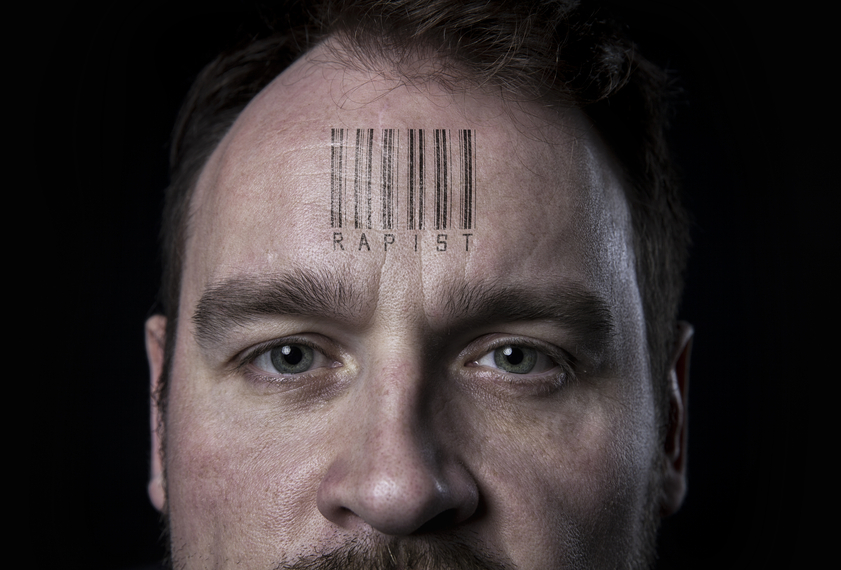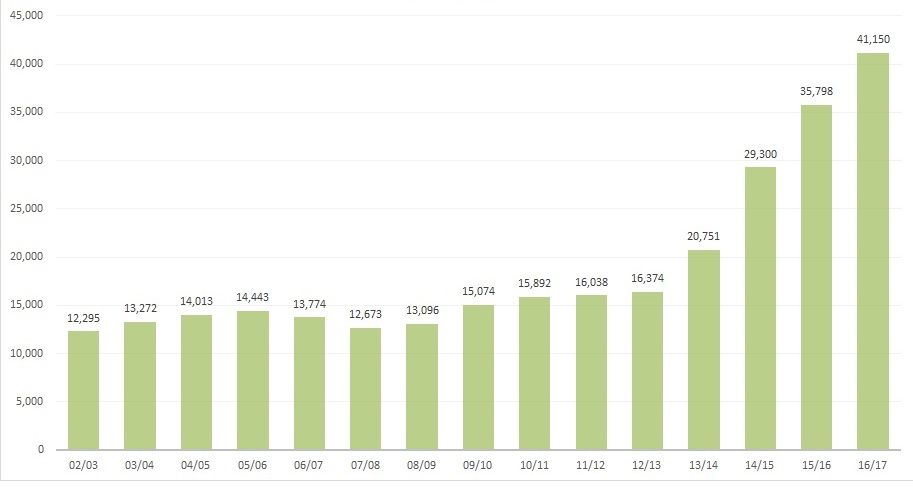Blog Categories

Dramatic rise in recorded rape cases explained
Last week’s ruling by the Supreme Court dismissing the Metropolitan Police’s appeal against compensation for two of black cab rapist John Worboys’ victims came as little surprise to many in the legal profession. The practice of suing the police has been place for a long time and some were very surprised that the appeal was launched in the first place.
The reporting of rape – and sexual abuse more generally – has always been fraught with complexity. There are lots of reasons for this, not least the sensitivity of the issue, which makes many victims wary of speaking out. Historically, it has been notoriously difficult to bring cases to conviction and, back in 2009, when Worboys was convicted, the UK’s rate was one of the lowest in Europe, at less than 10%. That’s not for conviction, but right back from initial reporting of the crime.
A lot has changed since then, much of it for the better, and helps to explain the doubling in the number of recorded rapes in the past five years.
Police recorded rape offences in England and Wales from 2002/03 to 2016/17

Source Office for National Statistics (UK)
Seen cold, like this, you’d be forgiven for thinking that rape as a crime shot through the roof from about 2013 onwards. In fact, this doubling reflects a series of important changes in the way that rape is handled.
Back in 2010, the Association of Chief Police Officers put new guidelines in place, which took a bit of time to filter through into practice. Under those guidelines police officers were properly trained in dealing with rape complaints sensitively and rape suites were introduced – places where victims could go and feel more comfortable while reporting the incident.
Then two key things happened in 2013: first, in March, the Director of Private Prosecutions rolled out specialist rape and serious sexual offence (RASSO) prosecution units, which were specifically designed to ensure minimum standards in rape cases. For the first time we had proper rape prosecutors with oversight of police activity, in order to maintain standards. The second major change came in June, with the introduction of the Victims’ Right to Review (VRR). Although available to any crime victim, this was rolled out specifically with sexual offences in mind, in light of the many historic sexual offence cases at the time and the perception that victims had been failed. VRR means that if the police or CPS decide not to pursue a case, a victim can ask for that decision to be reviewed at a very high level by either the police or the Crown Prosecution Service (CPS). It was a major – and much needed – overhaul in accountability and oversight.
There are two other key elements to mention in all of this. The first is the better use of what’s called ‘special measures’. This includes things like allowing a victim to video record their main evidence and giving evidence in a separate room via video link, rather than sitting across the court from their alleged rapist. These measures have long been available, but were not full used until relatively recently.
The other noteworthy point is that the combination of effective publicity from the authorities about these changes, and the swell of celebrity investigations and prosecutions gave people more confidence, particularly those with their own historic claims who had never reported an offence out of fear of not being believed.
All of this has led to a massive reduction in NFAs – no further action – where someone is investigated, but the legal system decides not to continue. From a legal point of view, this has meant that there are a lot more cases to be dealt with now, but I don’t think anyone was ever in doubt that these changes have addressed what many commentators have seen as fundamental problems in the system.
Clearly, the Worboys case shows that there is always more to be done, but the mechanisms we have today mean that victims are more likely to be treated with the level of dignity that they deserve, and the stats show that the tide is turning.
Quentin has practiced in the sphere of complex and serious criminal investigation for a number of years and has seen the landscape in these sorts of case change dramatically. If you require experienced and highly competent legal advice contact Quentin for a no obligation conversation.